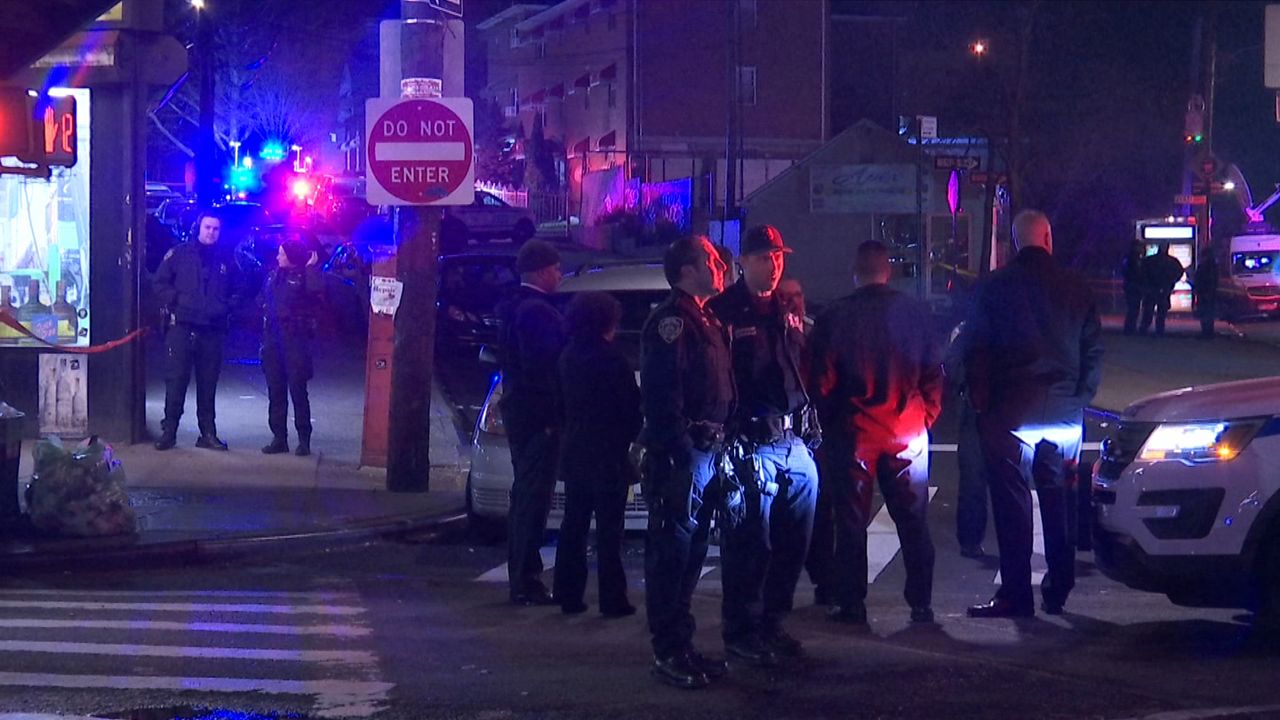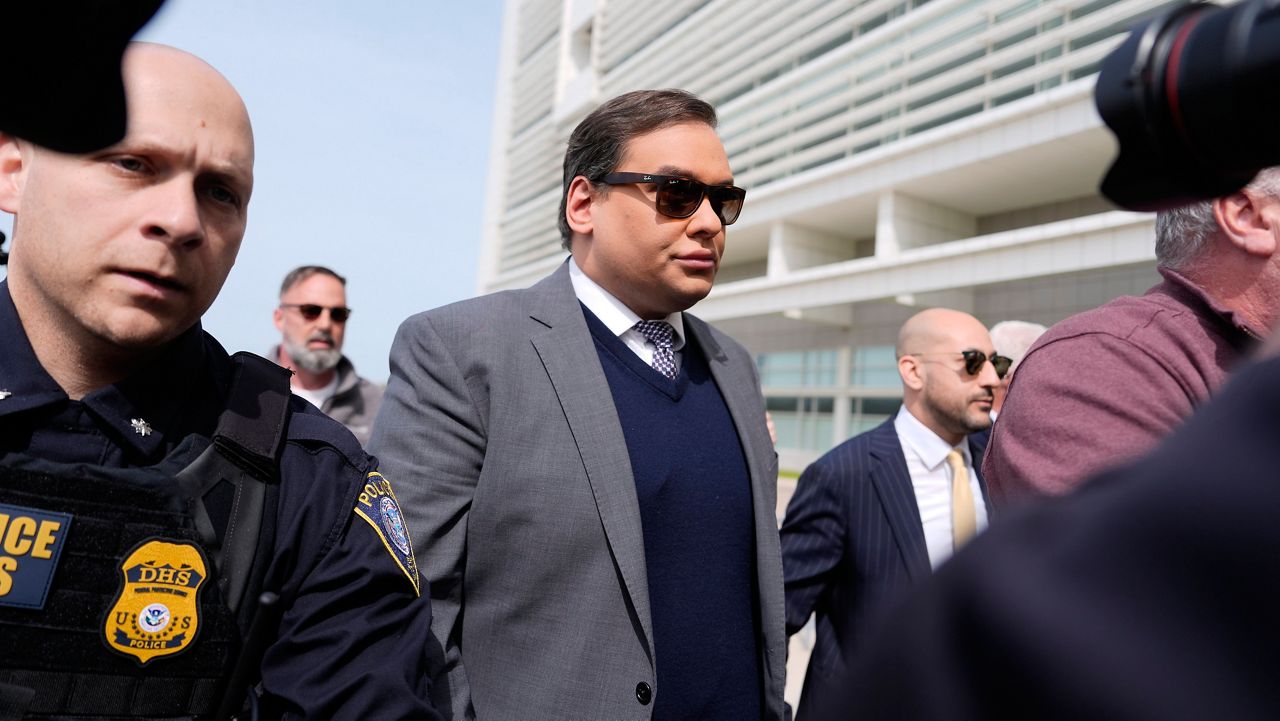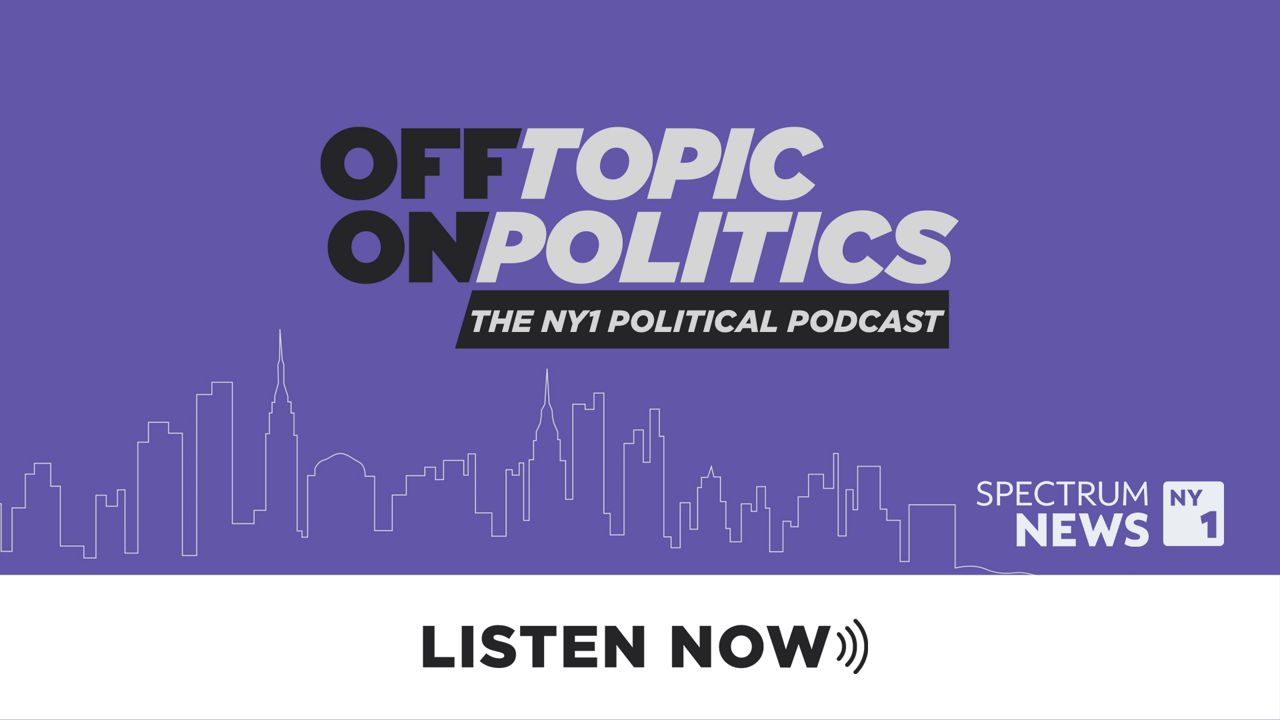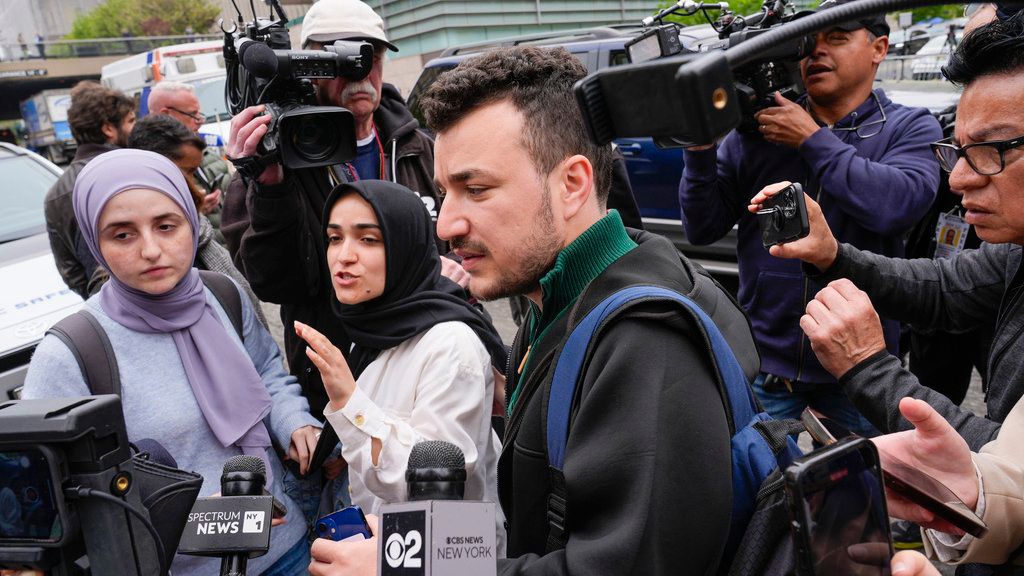NEW YORK CITY — An NYPD bigwig blamed the recent uptick in violent crime on a police reform measure that would ban cops from pushing their knees into suspects’ backs.
“This insane diaphragm law that the City Council passed,” said Chief of Department Terence Monahan. “It makes our cops take that step back.”
During his daily press briefing, Mayor Bill de Blasio tried to deliver a more tempered message on the violent holiday weekend — during which 63 people were hurt in 44 shootings — placing the blame on warm weather as well as a novel coronavirus pandemic that brought the economy to a halt and closed courts.
“The court system not working, the economy is not working, people have been pent up for months,” said de Blasio. “We’ve got a huge problem.”
To combat the increase in crime, de Blasio called for increased support from non-law enforcement groups, such as churches and nonprofits, and also voiced his support of cops.
But Monahan was quick to place blame on police reform legislation and backed up Commissioner Dermot Shea’s assertion that gun violence increased because the city released Rikers Island inmates.
“The animosity toward police out there is tremendous,” Monahan said. “Morale is low.”
Monahan focused specifically on chokehold legislation limiting cops’ ability to restrict breathing, passed after the death of George Floyd spurred weeks of protests across the nation, arguing it made police officers hesitant to make arrests.
“Anyone who has ever arrested anybody who has fought and struggled knows that there is a good chance that your knee may end up on someone’s back,” said Monahan. “It’s a big issue to our cops.”
De Blasio, who has yet to sign the police reform package passed by City Council, denied a contradiction existed between his messaging and that of the NYPD’s top brass and eventually dismissed the blame game all together. The state legislature also enacted a chokehold ban last month.
“It’s not because of one thing, it’s not one cause,” de blasio said. “Regardless of the root cause, we have to fight it back.”
De Blasio addressed New York City Monday as it entered into Phase Three, with salons, spas and parlors reopening at half capacity and high-contact sports allowed to resume.
The new wave of reopening businesses is estimated to bring about 50,000 people back to work, de Blasio said.
About one month after New York City entered the first reopening phase, the city’s COVID-19 tracking numbers continue to show progress in curbing the spread of the virus, according to the Mayor’s office.
Monday’s indicators showed 62 patients with suspected COVID-19 were admitted to New York City Health + Hospitals, there were 276 intensive care unit patients and just 1 percent of those tested for the virus receiving positive results, de Blasio said.
“It’s a really good trend,” de Blasio said. “A lot to be proud of.”








